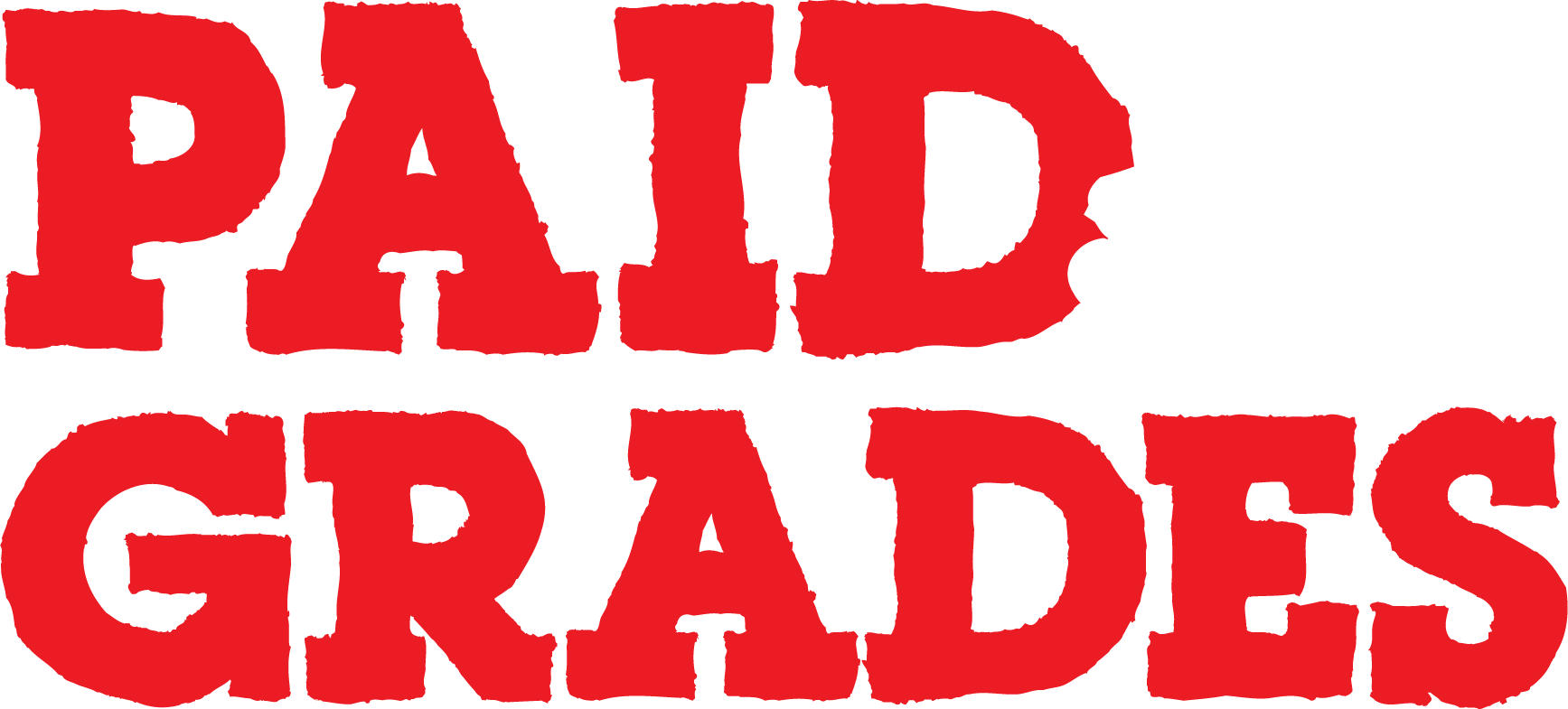A lot of people get the wrong idea about poetry. They see it as stuffy and pretentious. It’s full of flowery language, without really saying anything. However, poetry can be a great creative outlet.
Other forms of writing tend to rely more on grounded ideas. For example, you can get a bit experimental if you’re writing fiction. At the end of the day, though, you still need to provide an interesting and compelling story to be successful.
Poetry, on the other hand, invites more room for abstract work. This can help when trying to express feelings, sensations, and ideas that hard to share in other forms. Through poetry, you can explore some hard-to-describe aspects of life and your experiences.
Even if you’ve never sat down to read a book of poetry, you’re probably a fan of it in one form or another. Song lyrics, for example, are just poetry set to music. Even without the music, though, poetry still has a sense of musicality to it.
When you hear someone perform at a live poetry reading, you pick up not only on what the reader says, but how it’s said. There’s rhythm and a presence behind the delivery, which forms an important part of the whole.
So maybe poetry is just the outlet you’ve been looking for…but how do you get started? Here’s five tips to help you start developing as a young poet:
#1. Start Writing
Yeah, this sounds obvious. Here’s the simple truth, though: the most important part of being a writer is writing. Don’t worry that it won’t be great at first, because nobody starts out as a master. But, writing regularly is how you build your skills and improve.
You can start by keeping a journal. This doesn’t have to be a paper-and-pen journal; a blog or other online profile can work as well. You can even set it to be private if you’re not ready to share your writing with others. Regardless, the best way to develop your writing is simply to do it every day.
Everyone will have a different reaction to establishing a routine of writing. For some, getting started with writing poetry will be a strange, even uncomfortable process. Others will find an immediate sense of catharsis the first time they try it. The important part is that you keep going either way.
#2. Read Poems from Different Writers
As we’ve discussed before, reading other writers’ work is just as important as creating your own. You can learn from other writers, gain some insight about the publishing industry, and recharge your creative batteries with inspiration from other works.
Of course, you don’t want to stick to just one or two writers. Instead, try reading material from numerous different artists.
Also, be sure to look for writers from different time periods, backgrounds, ethnicities, age groups, and genders. Exploring works by a diverse cast of writers helps you better understand their experiences, and can also clue you in on ideas you might not have encountered otherwise.
#3. Learn the Lingo
When you read other writers’ works, you want to do so not just as a consumer of information, but as a fellow poet. That means you want to read with an analytical eye, and think with an analytical mind.
Try pulling apart pieces you enjoy to see what makes them work. Diving deep into other writers’ material helps you learn and improve your own writing. Of course, it helps to know a little bit about the elements that compose a poem.
There are literally hundreds of terms and phrases used to analyze writing. As a young poet, you won’t need to get that deep; however, you can start by familiarizing yourself with some of the basic ideas. Check out this list of terms and devices for a rundown of basic poet’s jargon. The Poetry Foundation provides a very comprehensive glossary, too, if you need to look up more information.
#4. Be Specific
Students often tend to write in a broad, abstract way when first starting. This results in work that is vague, or which doesn’t provide much interesting imagery for readers to sink their teeth into.
Poetry is based on balancing “concrete” and “abstract” images. As you read more, you’ll notice stronger, more vivid poems tend to focus on those concrete images—the texture of a rock, the color of a barn door, the smell of wet dirt before it rains— a lot more than abstract ones.
Using strong, specific, and engaging imagery in your poem helps readers feel grounded in the work, and gives them a stronger attachment to it. Rather than “saying” an idea, use imagery to make the reader “feel” the idea.
#5. Think Critically About Your Own Work
Whenever you write something, as yourself two key questions: “Why am I interested in writing about this?” and “What does this say about how I see the world?”
Read your work back, then do a little digging. It will take some time and personal reflection, but you could discover something in your thoughts reflected back in your poetry that you didn’t realize at first. For example, if you write a lot about nature, or family, or your own identity, writing can help you clarify your thoughts or even develop new perspectives on those subjects.
Writing is, in many ways, a therapeutic process. It can be a process of self-discovery…if you’re open to it.
